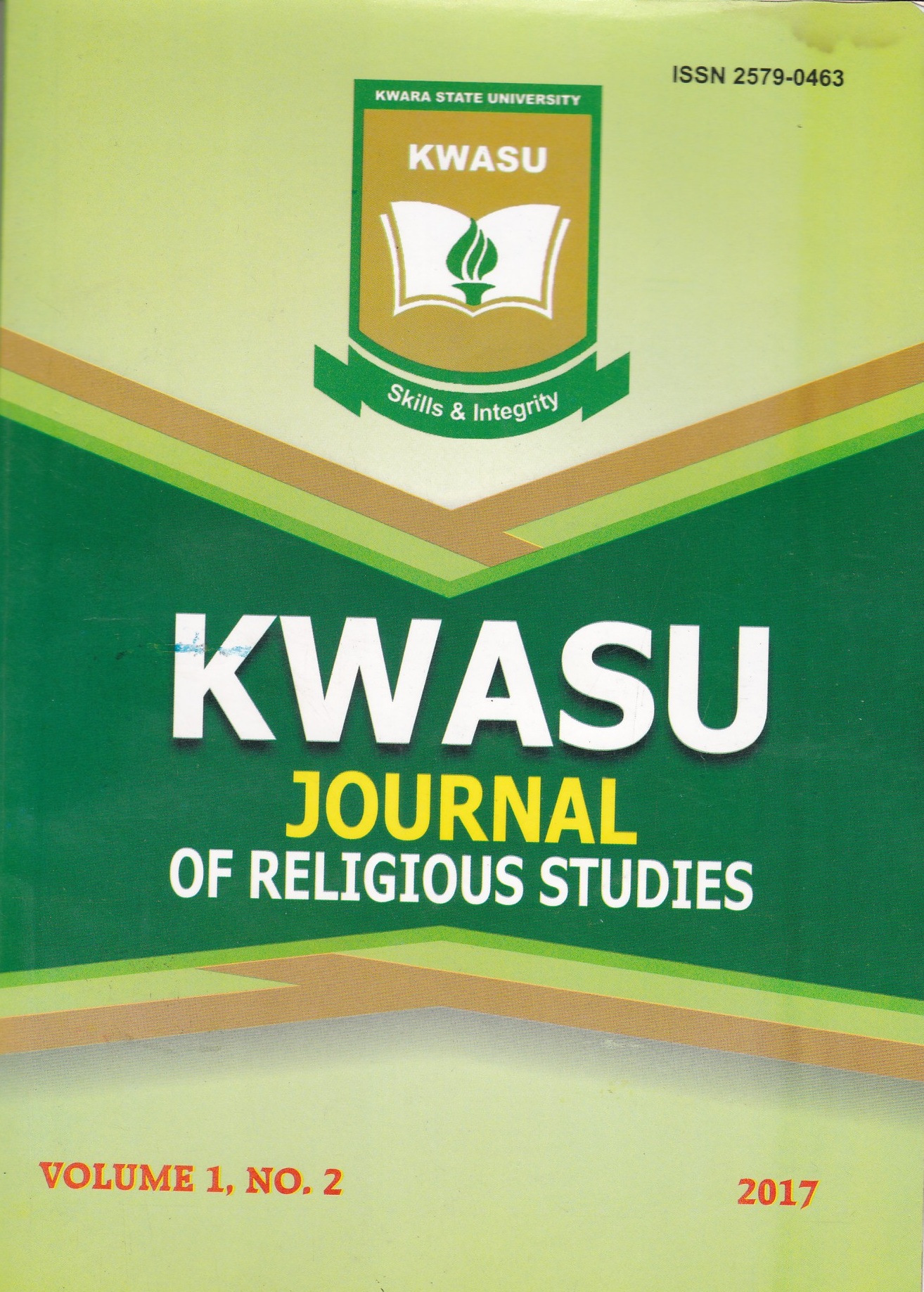Religion and Spirituality in Nigeria: Focus on Islamic Movements of Social and Political Inclinations
Keywords:
Religion, Spirituality, Politics, Islamic Movements, SecularismAbstract
Nigeria as a nation is not a religious state. The constitution with which the country was established recognizes the country as a multi-religious one. In other words, Nigeria is a state that adopts no particular religion as official state religion. That is because Nigerians profess belief in different forms of religions such as African Traditional Religion (ATR), Islam and Christianity. The competition between Muslims and Christians to absorb adherents of the ATR seems to have succeeded to a large extent that both Islam and Christianity occupy a prominent position in running the social and political affairs of the nation today. One of the agents of mobilization by the Muslims is the formation of Islamic movements. Attempt is made in this research to show the role played by some Islamic movements and some notable individual Muslims in making Islam relevant to social and political milieu -positively and negatively. The research adopts descriptive, library and field methodologies. All is aimed at showing the degree of religiosity and spirituality of Nigerians in relation to the social and political milieu in Nigeria, a scenario that explains why Nigeria finds herself where she is today. The research concludes with some recommendations as a way forward.



